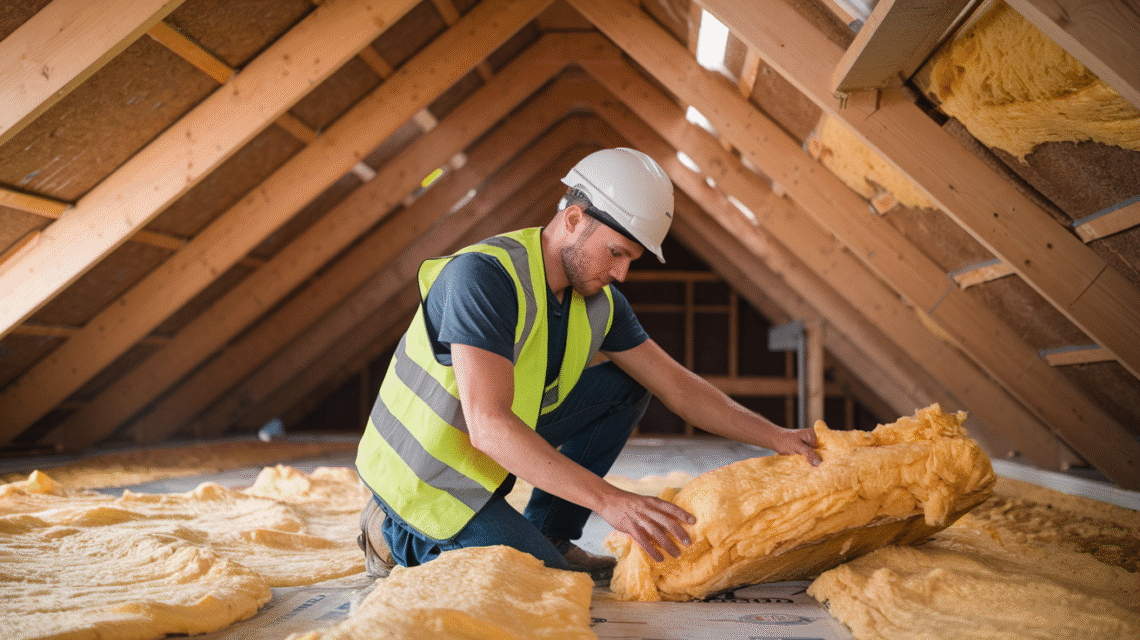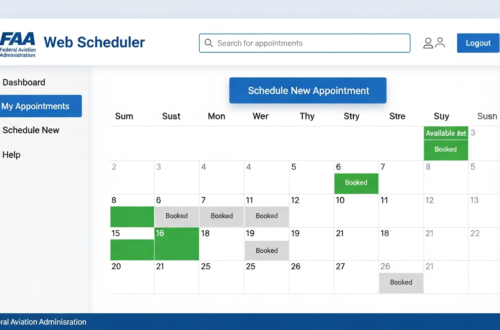Proper insulation plays a crucial role in maintaining a comfortable home environment while optimizing energy use. Many homeowners often overlook how much insulation impacts the overall performance of heating, ventilation, and air conditioning (HVAC) systems. When insulation is installed effectively, it can significantly improve the efficiency of HVAC units, reduce energy waste, and ultimately lower utility bills. Atticman’s insulation services focus on providing solutions that enhance the thermal barrier of homes, making temperature regulation easier and more cost-effective. We will explore how insulation contributes to HVAC efficiency, the types of insulation available, and why investing in professional insulation services is beneficial for both comfort and savings.
The Connection Between Insulation and HVAC Efficiency
Insulation works by slowing the transfer of heat between the inside and outside of a building. During colder months, it keeps warm air inside, reducing the effort required by the heating system to maintain a comfortable temperature. Conversely, in hotter months, insulation helps keep unwanted heat out, easing the load on air conditioning units. Without proper insulation, HVAC systems must work harder, leading to increased energy consumption and wear and tear on equipment. This not only raises utility bills but also shortens the lifespan of heating and cooling systems.
When insulation is inadequate or deteriorated, temperature fluctuations become more pronounced, causing uneven heating or cooling within a home. This results in discomfort and forces HVAC systems to run longer to compensate. Upgrading insulation can lead to more consistent indoor temperatures, allowing HVAC units to operate more efficiently and reducing the frequency of repairs. For homeowners looking to address these issues, services like Atticman Heating and Air Conditioning, Insulation near Sacramento offer reliable solutions tailored to local climate demands. Additionally, improved insulation contributes to better air quality by reducing drafts and limiting the infiltration of pollutants and allergens.
In regions with extreme weather, insulation’s role becomes even more critical. Homes without proper insulation face significant heat loss in winter and heat gain in summer, resulting in higher energy demands and increased costs. By reinforcing the insulation barrier, homeowners can protect their investment in HVAC equipment and enjoy a more comfortable living environment throughout the year.
Types of Insulation and Their Benefits
There are several types of insulation materials commonly used in residential applications, each offering unique advantages depending on the structure and climate. Attic insulation, wall insulation, and floor insulation all contribute to an effective thermal envelope, but the attic often represents a critical area for heat loss or gain due to its exposure and positioning.
Fiberglass insulation is one of the most widely used materials. It consists of fine glass fibers and is valued for its fire resistance, affordability, and ease of installation. Fiberglass can be found in batts, rolls, or loose-fill form and provides good thermal resistance when installed correctly. However, it requires careful handling to avoid gaps and compression that reduce its effectiveness.
Spray foam insulation is gaining popularity due to its ability to expand and fill gaps, creating an airtight seal. It offers excellent thermal resistance and also serves as a moisture barrier, preventing mold and mildew growth. Although it tends to be more expensive upfront, spray foam’s long-term energy savings and performance make it a strong option for many homeowners.
Cellulose insulation, made from recycled paper products treated with fire retardants, is an eco-friendly choice. It is typically installed as loose-fill and is effective at reducing air leaks when densely packed. Cellulose is particularly useful for retrofitting older homes where walls and attics may lack proper insulation.
Proper insulation requires an understanding of the home’s unique needs, including climate considerations, building design, and existing insulation condition. Choosing the right type and ensuring professional installation are key to maximizing energy savings and HVAC efficiency.
Why Professional Insulation Services Make a Difference
While some homeowners may attempt DIY insulation projects, professional insulation services offer significant advantages that lead to better outcomes. Trained technicians conduct thorough assessments of a home’s current insulation, identifying problem areas and recommending solutions tailored to the building’s characteristics and the homeowner’s goals.
Professionals have access to advanced equipment and materials that allow for precise installation. For example, in attics and crawl spaces, where access is limited, professional installers can apply insulation safely and efficiently, ensuring even coverage and minimizing gaps. This level of detail prevents thermal bridging, where heat bypasses insulation through structural elements, which can undermine energy savings.
Additionally, insulation professionals understand how to balance insulation with proper ventilation. While sealing a home tightly is essential for energy efficiency, ventilation prevents moisture buildup and maintains indoor air quality. A comprehensive insulation service ensures that the home’s envelope is both energy-efficient and healthy.
Investing in professional services also saves time and reduces the risk of costly mistakes. Poor installation or the use of inappropriate materials can lead to insufficient insulation, increased energy bills, or even damage to the home’s structure. Hiring a service with experience and a track record for quality work helps homeowners avoid these pitfalls.
Enhancing HVAC efficiency through proper insulation is a smart strategy for maintaining comfort, reducing energy use, and lowering utility bills. By creating a strong thermal barrier, insulation reduces the workload on heating and cooling systems, leading to more consistent indoor temperatures and less wear on equipment. Various insulation materials offer unique benefits, and selecting the right one for a home’s needs is essential. Professional insulation services ensure that installations are thorough, effective, and balanced with proper ventilation. The economic savings, environmental benefits, and improved comfort make insulation upgrades a worthwhile investment for homeowners. Atticman’s insulation services support these goals by providing tailored solutions that optimize HVAC performance and contribute to a more energy-efficient home.





